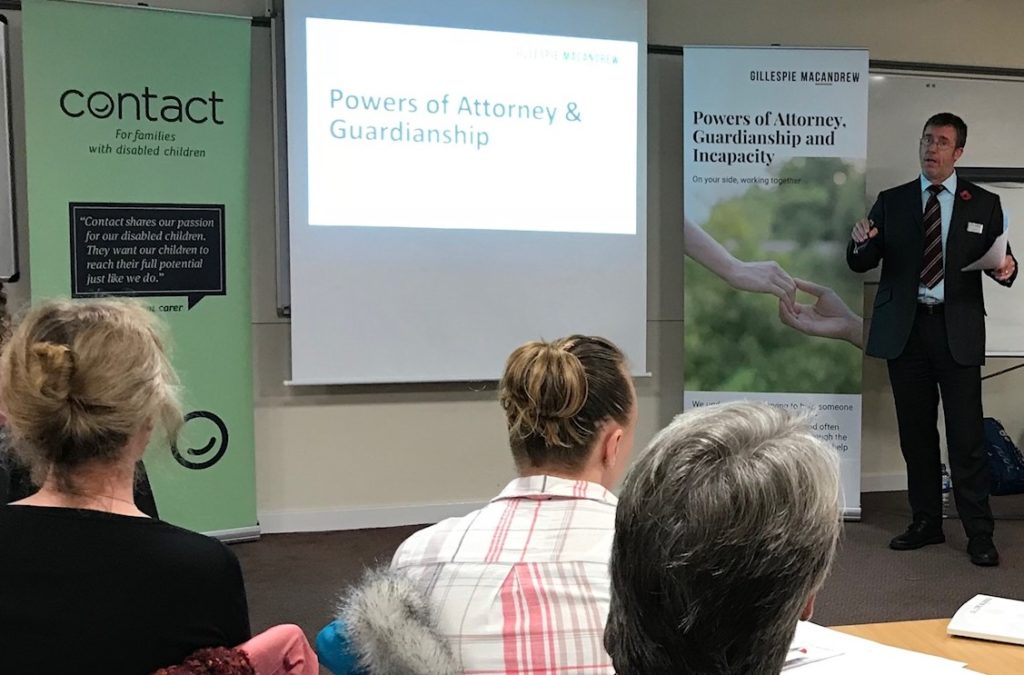Community learning
This advice applies in Scotland only.
Community-based learning offers flexible and accessible options for anyone seeking to build skills outside traditional educational settings.
In this article
Introduction
Community-based learning offers flexible and accessible options for anyone seeking to build skills outside traditional educational settings.
Lead Scotland have created a guide to community based adult learning (CBAL) for disabled people. The guide is full of useful advice and information related to various related topics, such as knowing your rights under the Equality Act and using CBAL to build knowledge on how to get involved in campaigning.
Many different learning platforms allow for flexible learning at home. These platforms enable learners to study at their own pace and on their own schedule. While some courses lead to formal qualifications, most are informal. Browse a range of different topics on the Open University’s Open Learn platform.
Lead Scotland also have an online learning platform called My Lead. It is open to everyone but has been specifically developed to support disabled people with a range of needs. It covers a variety of topics with a strong focus on staying safe online and developing digital skills.
Flexible options
Community based learning is a good option if other learning environments don’t meet an individual’s needs.
College or university may not be the right fit. Some of the reasons include:
- No courses of interest
- Having the right academic qualifications but needing more time to develop the social skills and personal independence to manage college life
- A lack of qualifications or qualifications not matching the level of ability
Community learning can help with all of these.
Most opportunities are provided by local councils or voluntary organisations and charities, in venues like libraries or community centres.
People may work on their own, with a tutor or with people from the local community. Courses can be very flexible and may include evening or weekend classes, or even tutorials in someone’s own home.
Choosing a course
The Scottish Credit and Qualifications Framework places qualifications into levels from 1 to 12, to give an idea of the demands involved. It helps learners see what previous qualifications are worth, and what they may be able to do next.
Informal learning doesn’t usually lead to a qualification. It might include:
- Support to improve self-confidence;
- Developing interpersonal skills, communication skills, or citizenship;
- Support to access other learning opportunities or employment, e.g. volunteering;
- Learning new skills or brushing up existing ones, e.g. reading, writing, or using a computer.
Formal learning usually leads to a qualification. It might include:
- Core skills, which employers identify as essential for learning and work (including communication, numeracy, information and communications technology, working with others and problem solving)
- Further education courses, including those that count towards further qualifications or work
- Short courses on particular interests
- Access courses for learners with additional support needs, including independent living and other core skills
- Customised awards designed by learning providers to meet specific needs
Your local council should be able to tell you the learning opportunities available in your area. You can also look at the Learning Options pages on the website My World of Work or call Lead Scotland on 0800 999 2568.
For many disabled students, problems arise less with academic issues and more with independent living skills. It may be that delaying entry to university by a year or more until these skills are established could be the difference between succeeding or failing in a course.
Students living away from home may be able to get extra funding towards accommodation costs and in some circumstances they may be able to claim universal credit to contribute towards the cost of their rent.
Students who need personal assistants, adapted accommodation or specialist equipment when living away from home should contact the social services department where they currently live, to have an assessment of their needs carried out.
Related information

Talking about Tomorrow
Helping parents in Scotland prepare for transition. Lots of informationto help you make the right decisions for your family.
Read more
Legal matters
How to support and protect the interests of your young person into adulthood.
Read moreSocial opportunities
Many parents say one of their greatest concerns is about their young person’s social life and relationships.
Read more